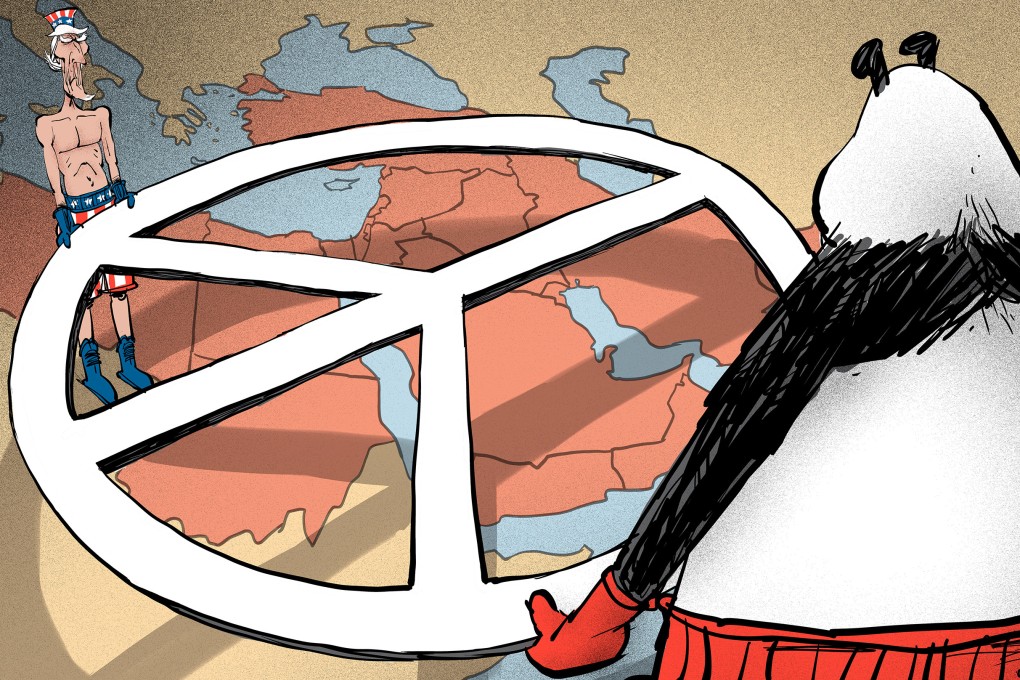Opinion | Why can’t US and China jointly seek Middle East peace and still compete?
- Although they support rival camps and pursue divergent geopolitical games, the US and China are also working for the same thing: the region’s security and stability
- Jostling for influence in the region should not stop the two from working together for peace

Wang appreciated Iran’s good neighbourliness and has also reached out to Saudi foreign minister Faisal bin Farhan Al Saud, assuring him of China’s commitment to work with regional countries to prevent further escalation.
Up till now, US and Chinese diplomatic efforts around the Middle East crisis have shown that they are poles apart, supporting rival camps and pursuing divergent geopolitical games. But if they think outside their geopolitical confrontation, they will find that they are working for shared interests in the region: security and stability.
For one, neither country wants an unstable Middle East. It strains US military resources and diplomatic capital in ways that goes against its strategic interests regarding containing China and Russia. It also increases pressure on Beijing to take a leadership role in both diplomatic and military terms to resolve the crises.
